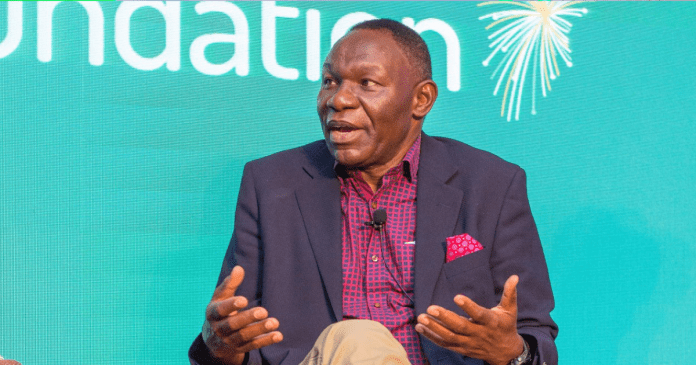The government has moved to clarify its role in the controversial appointment of Prof. Bitange Ndemo as Vice Chancellor of the University of Nairobi, amid confusion and backlash over the bungled recruitment process.
Last week, a memo from the University of Nairobi leadership announced that Ndemo, who currently serves as Kenya’s Ambassador to the Kingdom of Belgium and the European Union, had been appointed to succeed Prof. Stephen Kiama. The communication indicated Ndemo would assume office after completing his diplomatic tour of duty.
However, in a surprise turn of events, Ndemo allegedly rejected the appointment, citing procedural irregularities and potential legal gaps in the process. The development threw the institution into leadership limbo, raising concerns about governance at Kenya’s premier public university.
In a press statement dated May 15, 2025, the Public Service Commission (PSC) sought to set the record straight, defending the integrity of its process and calling for an amicable resolution.
“The deadlock currently obtaining at the University of Nairobi… is regrettable and clearly not in the best interest of the country. It threatens delivery of critical services and academic programmes,” PSC Vice Chairperson Mary Kimonye said in the statement.
The Commission reaffirmed that it conducted a competitive, merit-based recruitment process in accordance with Section 35(1)(a)(v) of the Universities Act, which mandates it to oversee appointments of Vice Chancellors, their deputies, and heads of constituent colleges in public universities.
PSC said it advertised the vacancy, shortlisted candidates, and interviewed them, eventually forwarding a ranked list to the UoN Council chairperson, who was expected to consult with the Cabinet Secretary before confirming the appointment.
While defending its professionalism, the PSC acknowledged the unique controversy surrounding UoN’s appointment, noting that similar processes across 13 other universities, including Pwani, Kisii, Meru, and the newly established Open University of Kenya, had not triggered any dispute.
“With the exception of the University of Nairobi, the Commission has not witnessed any leadership disagreements in the appointments,” PSC noted.
The commission urged all parties to resolve the matter swiftly and in accordance with the law to prevent further reputational damage to the institution.








